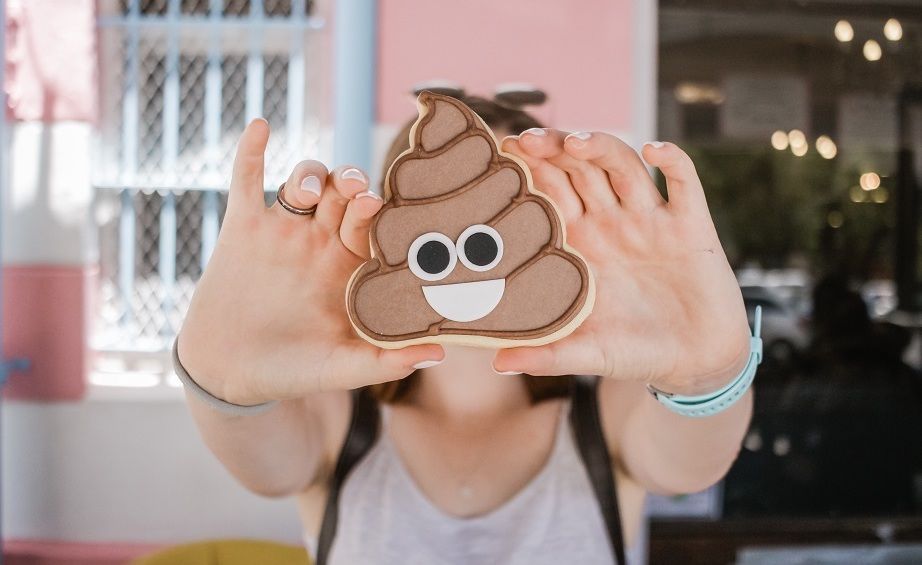Meditation and gut health. What doo doo you know?
The open access journal General Psychiatry published a study, Alteration of fecal microbiota balance related to long-term deep meditation. Ying Sun and colleagues examined the feces of long-term, deep meditating monks and compared it to their lay neighbors. They found the monks had a significantly more of important gut bacteria that are linked to emotional wellbeing. The findings suggest that meditation improves GI health.

The theory
The researchers caught scent of the fact that meditation leads to a plethora of benefits. It can help address issues like depression and anxiety. They also knew that the gut-brain axis, through gut microbiota, holds a key to emotional wellbeing. They wondered if the gut microbiome of long-term deep meditators – in this case, Tibetan Buddhist monks – would be significantly different in beneficial gut bacteria compared to their lay neighbors. So, they set out to examine two sets of number two to see what the differences were.
The study setup
Researchers collected 128 stool samples but excluded those of people who were taking antibiotics or consuming yogurt (because of pre and probiotic qualities) and eliminated a few poor-quality samples. They were left with 56 samples.
There were not many laypeople in the area, so the sample was skewed toward monks, with 19 laypeople and 37 monks. The monks in the study practiced meditation for two hours a day, from three to 30 years. All participants matched for age, and all were men.
The diet of laypeople and monks was essentially the same. Are you curious about the diet of Buddhist monks? I was! Apparently, they eat barley, rice, and steamed bread and noodles. This staple is supplemented with vegetables, meat, and butter tea (I had to look that up – here it is).
In addition to stool samples, researchers took blood samples. Shanghai Jiao Tong University School of Medicine analyzed the gut microbiota using rRNA sequencing. Charts within the report show the spectrum of bacteria found.
Here’s the scoop:
The intestinal microbiota of the meditation group differed significantly from the control group. The monks had more of bacteria that, according to other studies, mediate mental illness.
These include:
- Prevotella, which is more abundant in healthy controls than in people with depression; moreover, children with autism have low levels of it.
- Bacteroides, which impacts the brain reward response and reduces binge eating and anxiety.
- Megamonas, linked to many psychocognitive factors.
- Faecalibacterium; people with anxiety have lower levels of it than healthy controls.
In addition, monks had more glycans, which reduce intestinal inflammation.
Moreover, the blood draws showed that the monks had lower levels of cholesterol and apolipoprotein B, putting them at lower risk for cardiovascular disease and improving immune function.
That definitely doesn’t stink.
We have known for years that meditation leads to improved mental health. The present study examines a potential causal pathway. The gut microbiome of long-term, deep meditating monks contained more of the bacteria that correlate with better mental health.
Now that gives us something to meditate on!
If you enjoy reading our blog, leave us a comment, we love hearing from you! You can support ACEP by donating here. (No, not that kind of donation!)
Author
Sarah Murphy, LPC, NCC, is a licensed and nationally certified professional counselor. She specializes in energy psychology, including EFT, as well as mindfulness and meditation. Sarah works with individuals seeking to find peace within themselves, people who have serious medical diagnoses, and couples who want to resolve conflict and live in harmony. Sarah is an ACEP Board member and chair of its communications committee; she has a private practice and serves as staff therapist with Unite for HER.



